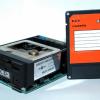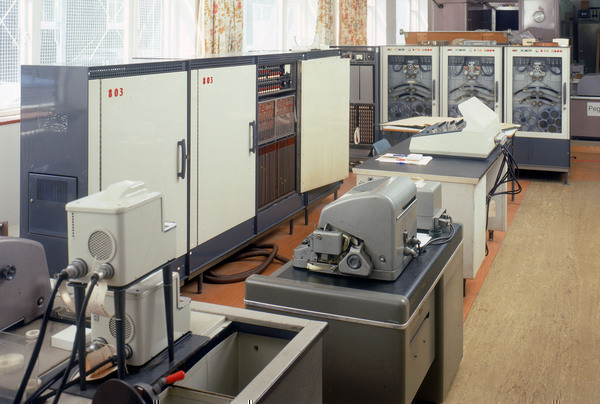Circumventing restrictions
Vladimir Ilyich Lenin, the leader of the Communists, is credited with saying that 'the capitalists will sell us the rope by which we shall hang them.' In the 1960s, a supercomputer could serve as such a rope.
Not surprisingly, the sale of advanced machines was restricted through the Coordinating Committee for Multilateral Export Controls (CoCom). However, that did not cut Soviets off from the most up-to-date hardware. An important part of this uncontrolled and one-way flow of knowledge was stealing information; not by intelligence, as in James Bond movies, but mainly by forming dummy companies with Western businesspeople. Companies would purchase computers legally and smuggle them into Russia before anyone could react.
Information Magnetics Corp. of California, which was not a dummy company at all, shows just how slow response could be. In 1974, it exported more than $800,000 worth of data processing equipment to Poland and other countries on the CoCom list. Legal action against the firm was taken only after the counts against it had risen to fifty-five. The company's president, who pleaded guilty to violating export controls, was fined $10,000 and had his export rights suspended for five years. Subsequently, the restrictions to sell advanced computers to the Eastern Bloc were loosened under pressure from business competition between Western producers of hardware.
The American policy was particularly sensitive to competition between US and European companies, as the latter were more dependent on Russian offers and less on American calls to thaw out the Cold War.
 Previous Story
Next Story
Previous Story
Next Story
How to cite this page
Slawomir Lotysz, 'Circumventing restrictions', Inventing Europe, http://www.inventingeurope.eu/story/circumventing-restrictions
Sources
- McCarthy, John. Terms for Soviet Access to Western Computer Technology. Stanford: Hoover Institution, Stanford University, 1989.




















